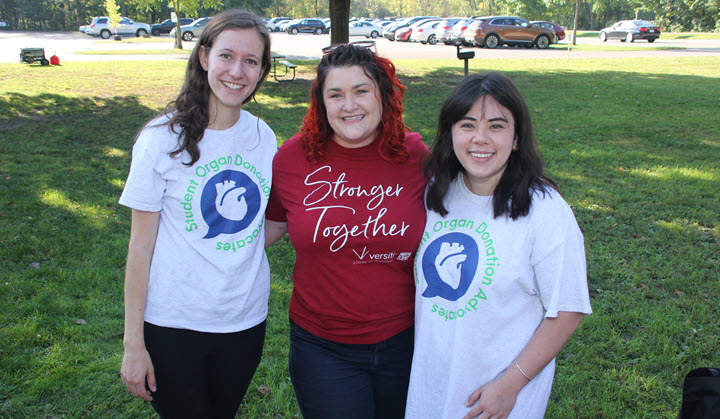The transplant community, HHS and procurement organizations need to work collaboratively to increase the organ supply for transplantation in the United States, according to remarks made at the American Transplant Congress.
“We need more than symbolic gestures from our elected officials if we are going to meet the crisis of end-stage organ failure that kills patients at a rate of 17 per day [on the waitlist] in the U.S.,” John Gill, MD, outgoing president of the American Society of Transplantation (AST), said during his address. Read more in Healio here.




